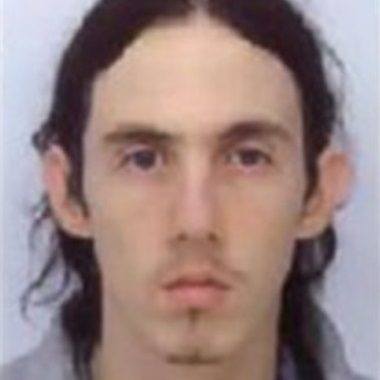Richard Huckle: How can the Church better protect against abuse?

The disturbing account of Richard Huckle and his ability to apparently 'hide in plain sight' and extensively abuse children within the Christian community over a period of years has caused shockwaves both within and outside the Church since the news broke. This may appear to be an extreme case, but it highlights the need to consider a range of issues regarding how the Church might protect itself and those it serves from such abuse.
Firstly, we must accept that the Church can be used as a 'soft target' by some people who deliberately intend to harm others. Any organisation considered to have weak safeguarding arrangements puts itself at greater risk from such offenders. That said, solving this problem is not always as easy as it sounds and we must also accept that we can never guarantee being able to prevent such people's actions. There are, however, measures that we can put in place in order to prevent – as far as possible – such people gaining contact with children and adults at risk of harm through work and volunteering.
In his June 2 article on the Huckle case, Martin Saunders asks a very pertinent question: "How did no-one in his British church hold or raise suspicions about his behaviour?" One of the key things to recognise is that some potentially harmful behaviours can be spotted, but it requires a willingness first to accept that 'abuse could happen here'.
In 2009, CCPAS conducted research that suggested 75 per cent of churches did not operate adequate safer recruitment arrangements. This was confirmed in further research undertaken in 2014, which found a real lack of understanding and a fundamental disconnect between that understanding and the implementation of best practice on the ground – it is very complex territory. Furthermore, CCPAS has just completed its third regional 'Safeguarding and Safer Recruitment' conference. We have now educated more than 1,000 delegates from churches around the country and we continue to support churches in this aspect of safer practice. But this is not just about the DBS checking system which, although very important, forms only one part of a much bigger picture. We must be realistic about the limitations of the systems and processes that are available to us. The DBS system was never designed to be a panacea for ridding organisations of those who pose a risk of harm to others and – above all – it should never be used as a mechanism on its own. Recognising and understanding the motivation, attitudes and behavioural signs exhibited by those who may pose a risk of harm are crucial in maintaining safer recruitment and workforce management efforts. We certainly see an appetite to understand these issues.
Saunders makes reference to Huckle as a "vile offender", and I am reminded here of the Fanny Crosby hymn that refers to the "vilest offender who truly believes, that moment from Jesus a pardon receives". This is one of the greatest challenges that the Church faces. Research evidence tells us that a supportive environment, such as a church, can act as a 'protective factor' against re-offending in such cases. However, this must be done properly and with well-trained and well-supported people. Moreover, we are called to support such people through a biblical mandate to love and care for our neighbour. We must not lose sight of the overarching need to do this safely, so we never create even greater risks to children, for example. In exercising grace, forgiveness and mercy we must never, therefore, ignore the ongoing risk that such people present to vulnerable groups. CCPAS often hears a range of arguments from those that would believe that, once repentance has taken place, an individual can somehow walk, uninhibited and unmonitored, off into the sunset. At the other end of the spectrum, we also encounter those that would shut the door on a sexual offender for ever and treat them like a pariah. But neither of these approaches is particularly helpful and in many ways can be dangerous. I wonder where the repentance is in this particular case and what evidence there is to show for it? Richard Huckle will need support and one day that may be from a church in a community when he is eventually released.
So what of the opportunity that Huckle exploited to abuse children overseas? As churches become more and more connected with others around the world and become increasingly engaged in worldwide mission activities, the ability to reduce risk to children is missed. In 2013, CEOP (part of the National Crime Agency) published data on what is known about 'Trans National Child Sexual Offenders'. They discovered that there were hot spots of activity for such offenders, who were known to travel to countries where the risk to children was higher (including places where extreme poverty exists and where humanitarian disasters had struck). This might be disguised as 'religious work' or what we would probably describe as 'mission'. This represents a real challenge for the Church. Gone are the days when we should accept the goodwill offer of a social worker, teacher, paediatrician or other professional to join such mission trips, just because they hold a position that may be of use. We must never forget to ask appropriate questions and apply appropriate processes to their recruitment.
There is much to learn from Huckle's case. It is very serious, but not the first of its kind and surely won't be the last. CCPAS exists to support and advise churches and other Christian organisations with such issues and we can be contacted by anyone with such concerns using our helpline on 0845 120 4550.
Justin Humphreys is executive director (safeguarding) at CCPAS.











